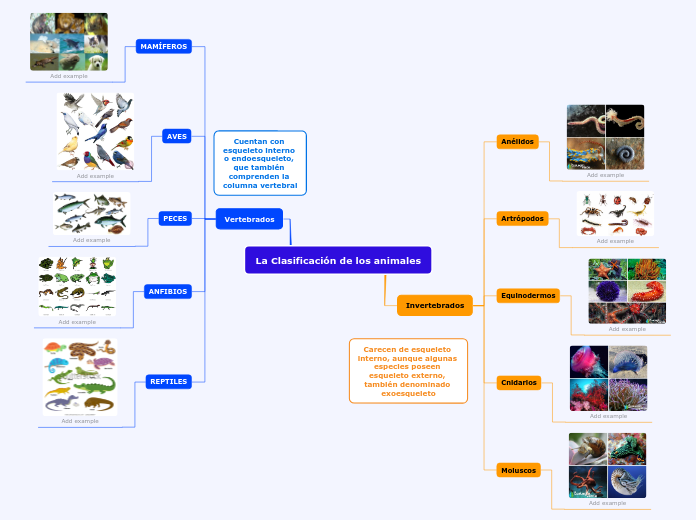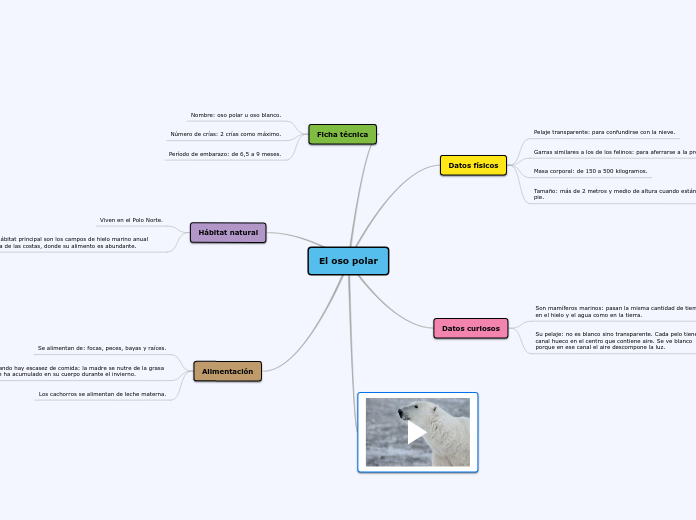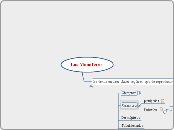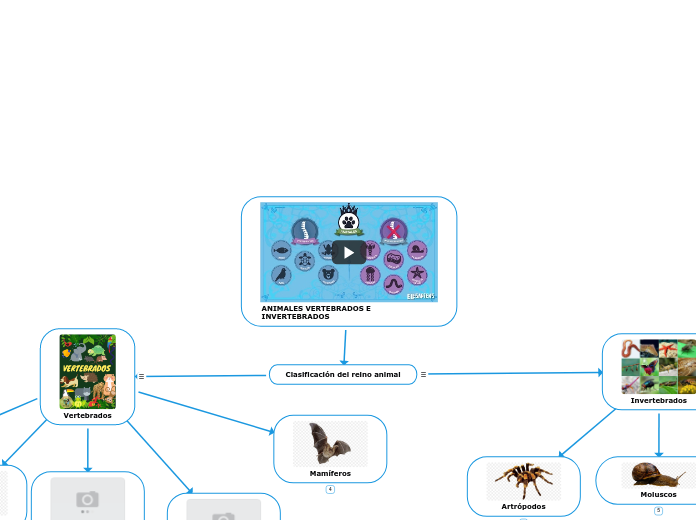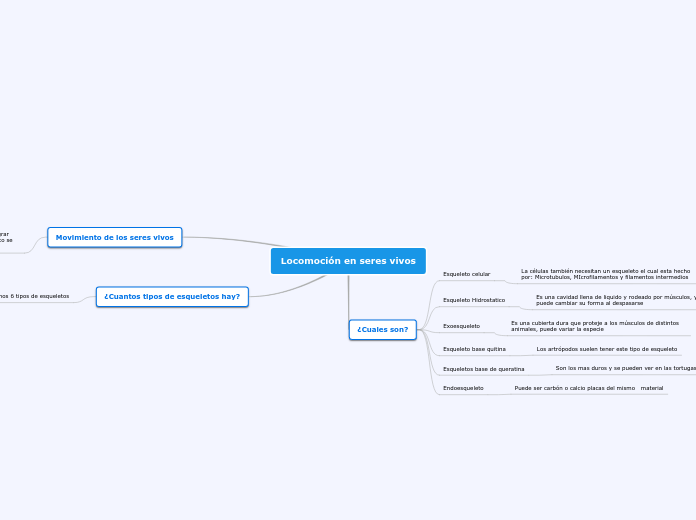Carecen de esqueleto interno, aunque algunas especies poseen esqueleto externo, también denominado exoesqueleto
Cuentan con esqueleto interno o endoesqueleto, que también comprenden la columna vertebral
La Clasificación de los animales
In linguistics, syntax is the set of rules, principles, and processes that govern the structure of sentences in a given language, usually including word order.
Vertebrados
A complex sentence is a sentence that contains an independent clause and one or more dependent clauses.
An independent clause can stand alone as a sentence, but a dependent clause even though it has a subject and a verb cannot stand alone.
REPTILES
An adverbial clause is a group of two or more words that function as an adverb in a sentence.
ANFIBIOS
An appositive clause follows another noun or noun phrase in apposition to it; that is, it provides information that further identifies or defines it.
PECES
The subject clause is a dependent clause that acts as a subject.
AVES
A predicative clause may be introduced by conjunctions - that, whether, whether... or, as, as if, as though, because, lest, the way - or connectives.
The latter may be conjunctive pronouns - who, whoever, what, whatever, which - or conjunctive adverbs - where, wherever, when, whenever, how, why.
MAMÍFEROS
The object clause is a phrase on which a verb performs an action. It falls at the end of a sentence, and is governed by a verb or a preposition.
Invertebrados
Moluscos
See the example below and try to create your own simple sentences.
Tim is driving the red car.
Cnidarios
See the example below and try to create your own simple sentences.
Tim is driving the car with his mother.
Equinodermos
See the example below and try to create your own simple sentences.
Tim is the driver.
Artrópodos
See the example below and try to create your own simple sentences.
Tim drives the car.
Anélidos
See the example below and try to create your own simple sentences.
Tim drives.
Add example
